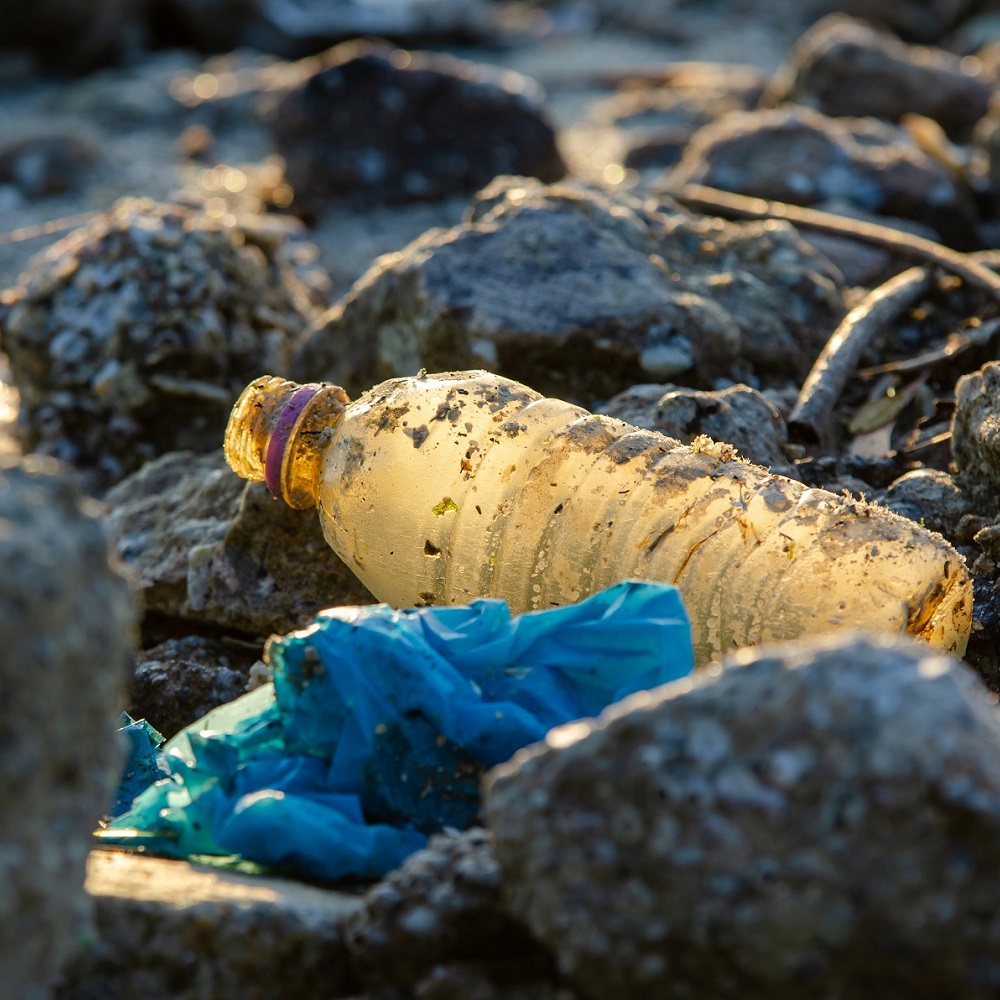The Lifecycle of Biodegradable Bags
Understanding the journey of biodegradable bags — from production to disposal — highlights their eco-friendly advantages over conventional plastic bags. While traditional plastic bags can linger in the environment for centuries, biodegradable alternatives are designed to break down naturally, significantly reducing their environmental impact.
Why Switch to Sustainable Bags?
It’s time to ditch harmful plastic bags and embrace greener solutions. Choosing biodegradable bags not only minimizes plastic waste but also encourages responsible consumption.
Production and Usage
Biodegradable bags are typically crafted from renewable resources such as corn starch, sugarcane, or other plant-based materials. This eco-conscious production process reduces dependence on fossil fuels and lowers greenhouse gas emissions when compared to traditional plastic bags. Despite their sustainable origins, these bags offer the same practicality and convenience for tasks like packaging and everyday use.
Degradation Process: A Cleaner End-of-Life
The true environmental benefit of biodegradable bags lies in their decomposition process. When disposed of correctly, these bags break down naturally under the influence of light, heat, or microbial activity. Unlike conventional bags that fragment into harmful microplastics, biodegradable bags decompose into harmless elements like water, carbon dioxide, and biomass — leaving minimal traces in the environment.
Proper Disposal for Maximum Impact
To ensure biodegradable bags fulfill their eco-friendly potential, proper disposal is essential. Depending on the material type, these bags can be disposed of through:
- Industrial Composting: Decomposing efficiently in controlled environments within a few months.
- Home Composting: Certain types break down in backyard compost heaps.
- Anaerobic Digestion: A process that converts organic materials into biogas and nutrient-rich compost.
Consumers must be informed about appropriate disposal methods to maximize the environmental benefits of these products.
A Sustainable Future Awaits
At the end of their lifecycle, biodegradable bags leave minimal environmental footprints. Unlike plastic bags that take centuries to degrade, biodegradable alternatives decompose swiftly and safely. Some variants can even be recycled, further reducing waste and promoting sustainability.
Be the Change: Choose Green Solutions
By adopting biodegradable bags and encouraging others to do the same, we can collectively reduce plastic pollution and protect our planet for future generations.
Conclusion
Plastic pollution remains a pressing environmental concern, but change is within reach. Many cities and countries have already banned plastic bags, witnessing a notable reduction in pollution. Switching to biodegradable bags — or better yet, reusable cloth bags — is a powerful step toward a cleaner, greener world.
The question isn’t whether we should act — it’s how soon we can make a difference. Let’s embrace sustainable choices today for a healthier tomorrow!




